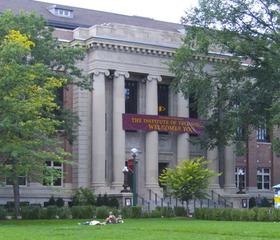Years ago, community college students were most likely to transfer to state colleges or universities. But today, community college graduates are increasingly found at private and highly selective four-year colleges.
Experts say the change is likely a result of increased recognition of the value of a diverse student body, the pressure that some small colleges are feeling to bring in tuition-paying students during this economic downturn, and awareness from college administrators that community college transfer students often bring a special set of strengths with them to four-year institutions.
Why Private Colleges and Universities are Recruiting Community College Students
Increasing Diversity
University of Virginia sociology professor Josipa Roksa tells the USA Today that selective private colleges specifically recruit community college graduates because these transfer students can often help with their campus diversity “in terms of race and socioeconomic status.
Tatiana Melguizo, an education professor at the University of Southern California, says that her university has been working hard to increase its population of minority students and that USC has found that accepting transfer students is a good way to accomplish the goal. The university, Melguizo tells USA Today, has found that “Community college transfers [are] the best deals. They're motivated, they're more likely to graduate, and they're relatively cheap" for the college to educate.
Seeking Tuition Revenue
Financial considerations may also be driving the surge of private institutions that



































































